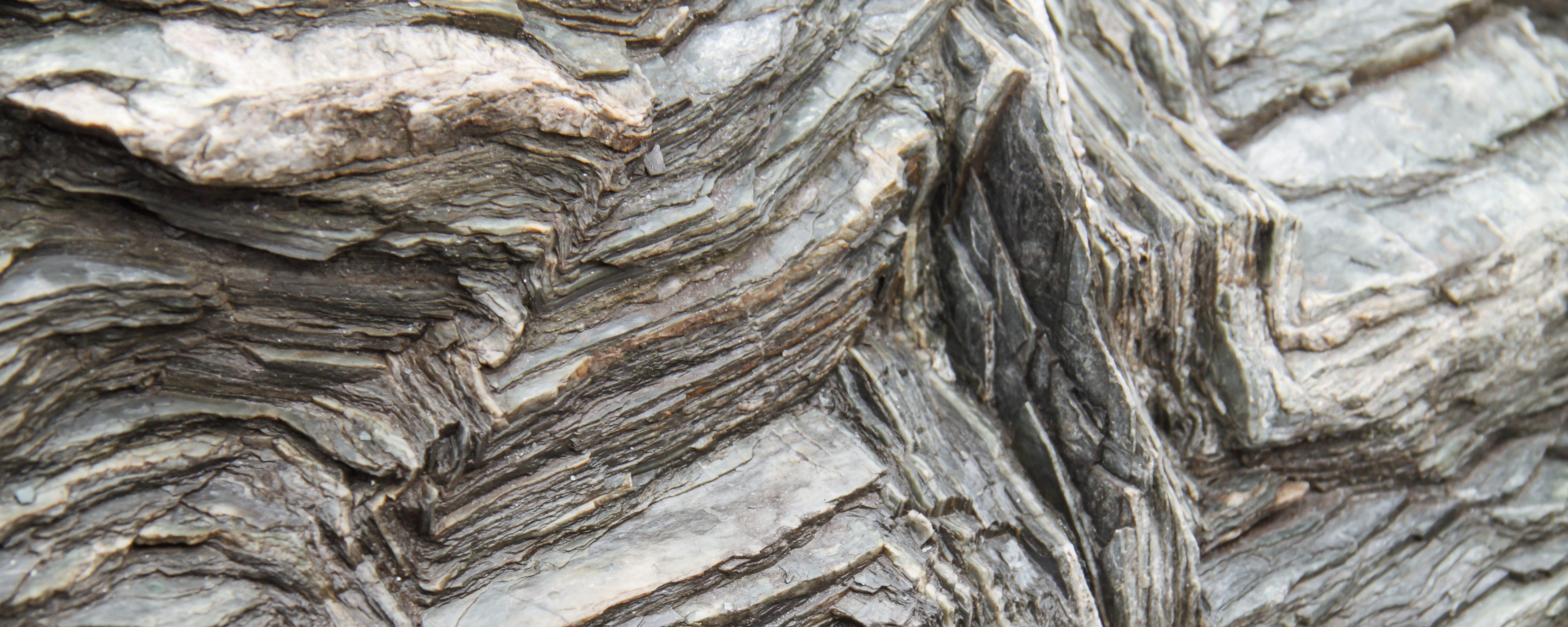
There are many challenges in producing a 3D depth seismic volume that gives both the correct geometric relationship and true amplitude. The following are a few of the key issues:
- Large statics due to rapid change of topography and rapid changes of near surface lithologies
- Coherent noises generated by various sources
- Large spiking noises
- Surface and inter-bed multiples
- Incorrect velocity models
- Non-amplitude preserving time and depth migrations
- Amplitude damaging pre-stack and post-stack noise attenuations and cosmetic filtering
Our proprietary high fidelity pre-stack seismic processing solution includes the following key technologies:
- High resolution tomographic static correction
- Near surface Q attenuation compensation
- Adaptive high amplitude irregular noise removal (AHAINR) using signal reconstruction
- Pattern recognition adaptive noise subtraction (PRANS)
- High resolution pattern recognition adaptive multiple attenuation (PRAMA)
- Wave equation pattern recognition adaptive multiple attenuation (WEPRAMA)
- Amplitude preserving and high angle pre-stack depth migration
- Isotropic and anisotropic migration noise free reverse time migration (RTM)
Our proprietary high fidelity pre-stack depth seismic processing solution provides:
- Accurate images of complex subsurface structures in depth domain
- Relative reflection seismic amplitude
- Proper data for pre-stack elastic inversion
- Proper data for geobody modeling, fracture characterization and hydrocarbon predictions
- Proper data for geological interpretation in the search for and development of hydrocarbons
Please contact us with information about your challenges to see how we can help you.
